Make a Difference by Becoming a Foster Parent
Foster Care provides a temporary home for children who are unable to live in their biological parent’s home. Foster parents provide a safe home and place for children to heal until they are either reunited with their birth family or a relative or adoptive home is found.
There are several ways you can care for children/youth in your home:
- Relative Care: Provide care for children/youth whom a person is related to through blood, marriage, or friendship
- Family Foster Care: Provide care for children/youth with mild to moderate behavioral/emotional needs
- Treatment Family Care: Provide care for children/youth with moderate to severe behavioral/emotional needs
- Respite Provider: Provide temporary short-term care for children/youth in order to relieve Family Foster Care parents and Treatment Family Care parents
Eligibility Guidelines – Children’s Division/Public Child Welfare
In order to qualify as a foster or adoptive parent through Children’s Division/Public Child Welfare, you must:
- Be 21 years or older.
- If married, must have a stable marriage.
- Be in good physical and emotional health and able to handle the everyday responsibilities of child-rearing.
- Successfully completed pre-service training.
- Professing Christian and active member of Evangelical church (Note: This is a requirement only for MBCH CFM Family Foster Care and Treatment Family Care parents. This guideline does not apply to relative providers.)
Special Needs
MBCH Children and Family Ministries is committed to finding families for children who need care outside their own homes. Children now entering out-of-home care need special help and understanding because they may have experienced the trauma of physical abuse, sexual abuse, and/or neglect.
These children often feel angry or upset because of the traumatic experiences they have had. They need time to learn that adults can be trusted, they are not going to be hurt anymore and there are acceptable ways to express their feelings. Children and youth who have experienced trauma need connection and relationships. They need to be empowered and need help in learning how to self-regulate. MBCH Children and Family Ministries’ foster parents are given training on how to provide trauma-informed care to children/youth placed in their homes as well as to the families of these children and youth.
MBCH Children and Family Ministries needs homes for all types of children, but the majority of children needing homes are school-age. Many of the children are in sibling groups that need to stay together. Some have special medical, emotional, or developmental needs.
Special needs children have one or more of the following characteristics:
- Serious emotional disturbance
- Traumatic experiences
- Medically fragile
- Member of a sibling group
- Adolescent
- Minority heritage


